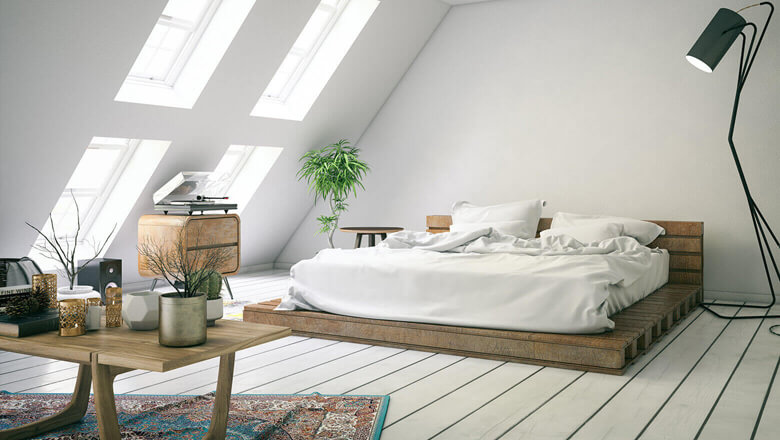Getting a Good Night’s Sleep Is Not Only Difficult, It’s Costly As Well
How Bad Sleep Keeps You Down
A study released last summer by Marketdata estimated that 58% of Americans deal with some kind of sleep disorder. The independent researcher typically examined “off the shelf” products, with this case looking at what they dubbed the “sleep market” for things like bedding, CPAP machines, sleep-aid drugs, and sleep labs.
Sleep disorders involve any condition which affects restful sleep, leading to daytime drowsiness and a host of other symptoms. This impacts performance at work and personal relationships while heightening the risk of heart disease, diabetes, and weight gain. Sleep apnea and restless leg syndrome are some of the more common disorders.
The Burgeoning Market
Marketdata’s report found the global sleep aids market came in at around $64 billion in 2021. They forecast it will grow into a nearly $112 industry by 2030, with a 7% compound annual growth rate until that time.
The broader sleep aids business includes everything from mattresses, pillows, earplugs, eye masks, and books on sleep, to products like anti-insomnia drugs and supplements. Sleep labs are also part of the industry, and they actually took a step back during the pandemic. Many labs were forced to use telemedicine or at-home studies, although CPAP machines for sleep apnea and bedding sales were strong over the past couple years.
High-Tech Solution
The numbers behind bad sleep in America have presented Big Tech with a problem to solve. Economists explain that there’s plenty at stake beyond just the potential for new products, however. Between loss of production at work and absence due to illness, fatigue has been estimated to cost the American economy upwards of $400 billion annually.
Wearable tech and other gadgets that monitor sleep patterns are offered by companies like Google (GOOGL), Samsung, and Huawei. Apple (AAPL) previously invested in a company called Beddit that develops bed sensors, but the focus seems to have shifted to Apple Watch’s sleep monitoring capability. Tossing and turning at night makes life difficult on a number of different fronts, and while that might mean counting sheep — the sleep aid industry is counting dollars.
Please understand that this information provided is general in nature and shouldn’t be construed as a recommendation or solicitation of any products offered by SoFi’s affiliates and subsidiaries. In addition, this information is by no means meant to provide investment or financial advice, nor is it intended to serve as the basis for any investment decision or recommendation to buy or sell any asset. Keep in mind that investing involves risk, and past performance of an asset never guarantees future results or returns. It’s important for investors to consider their specific financial needs, goals, and risk profile before making an investment decision.
The information and analysis provided through hyperlinks to third party websites, while believed to be accurate, cannot be guaranteed by SoFi. These links are provided for informational purposes and should not be viewed as an endorsement. No brands or products mentioned are affiliated with SoFi, nor do they endorse or sponsor this content.
Communication of SoFi Wealth LLC an SEC Registered Investment Adviser
SoFi isn’t recommending and is not affiliated with the brands or companies displayed. Brands displayed neither endorse or sponsor this article. Third party trademarks and service marks referenced are property of their respective owners.
SOSS22031402



